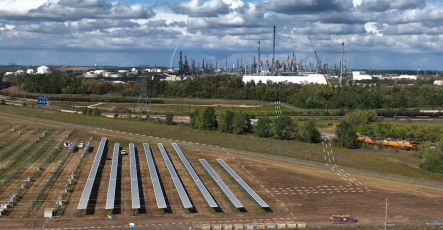Although COVID-19 changed the way many of us work and our companies operate, one thing remains the same for the refining and petrochemical companies: ensuring the safety and wellbeing of our employees, communities and the environment remains the most important thing that we do. We value our exemplary safety record and substantial emissions reductions and are determined not only to maintain them, but to continue to make improvements.
In March, the Environmental Protection Agency (EPA) issued a temporary enforcement policy to address certain noncompliance events resulting from the COVID-19 pandemic. In April, the Occupational Safety & Health Administration (OSHA) issued an interim enforcement response plan, acknowledging that the pandemic has created unprecedented obstacles for employers to meet their regulatory obligations and allowing flexibility in how and when they are met in order to help prevent the spread of the COVID-19.
These temporary enforcement policies do not, however, relieve our companies of any environmental or employee protection obligations. Instead, they provide reasonable guidance to help us to continue to deliver essential products safely while this crisis continues.
While industries must continue to comply with all EPA Clean Air Act and Clean Water Act emissions limits and requirements – and employers must continue to comply with all OSHA standards to keep employees, third-party trainers and contractors safe – they now have temporary flexibility in some monitoring, auditing, testing and reporting impacted by and specifically traced back to coronavirus-related events.
Across America more people than ever before are working remotely. These policies give our companies some flexibility to adjust procedures to safely operate in this new environment and continue to meet regulatory obligations. It allowed us to keep our employees safe by minimizing the chance of exposure and promoting the use of new procedures to ensure worker safety. This includes more frequent disinfecting and cleaning, remote working, implementing social distancing for all personnel functions and ensuring zero to minimal contact between various staff shifts.
The health and safety of our employees, the surrounding communities, and the protection of the environment are our primary concerns. We will always be focused on going above and beyond regulatory requirements and governmental guidance to keep them safe, and this commitment will not falter during the COVID-19 pandemic.


